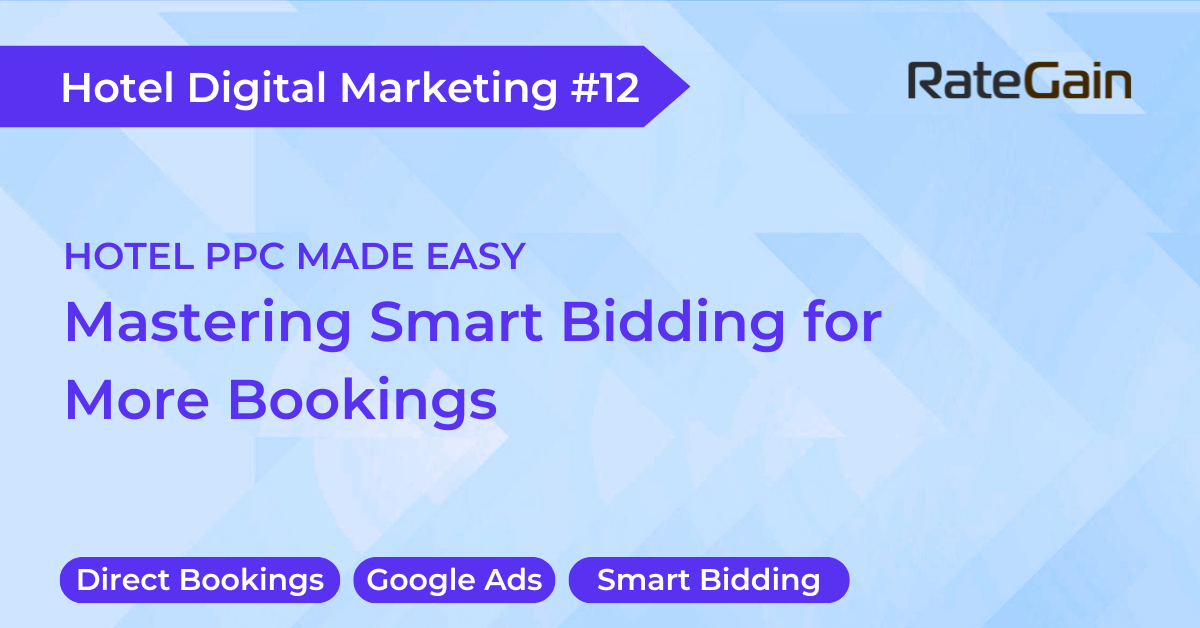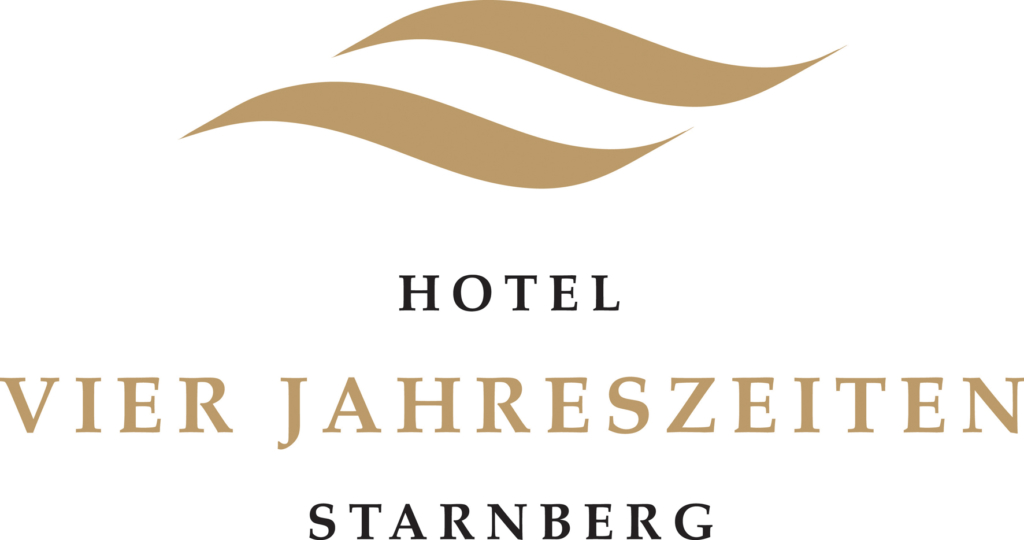Maximize Direct Bookings with Smart Bidding
Imagine running hotel campaigns where bids adjust automatically to attract the right traveler at the right time. That’s the power of Smart Bidding in Google Ads.
For hotel marketers—especially those navigating an evolving digital landscape—Smart Bidding can be both exciting and complex. With continuous updates, automation improvements, and shifting booking behaviors, knowing how to leverage it effectively is key.
This guide breaks down what Smart Bidding is, how it works, and the best practices for optimizing your hotel campaigns.
What Is Smart Bidding?
According to Google:
Smart Bidding refers to bid strategies that use Google AI to optimize for conversions or conversion value in each auction.
Unlike manual or rule-based bidding, Smart Bidding leverages data signals such as device type, location, traveler intent, and booking window to determine the optimal bid.
Key Smart Bidding Strategies for Hotels
- Target CPA: Bids to maximize direct bookings at your target cost per acquisition.
- Target ROAS: Optimizes for revenue based on your desired return on ad spend.
- Maximize Conversions: Focuses on driving the most bookings within your budget.
- Maximize Conversion Value: Prioritizes high-value bookings, ideal for hotels with varying room rates and upsell opportunities.
Smart Bidding saves time, streamlines campaign management, and boosts direct revenue—but only when backed by solid data and strategy.
When to Use Smart Bidding for Hotels
Smart Bidding isn’t a one-size-fits-all solution. Choosing the right strategy depends on your hotel’s objectives:
-
Target CPA
Ideal for: hotels looking to control the cost per booking while driving direct reservations.
Example: A boutique hotel aiming for a $75 CPA per booking uses Target CPA to maximize direct bookings within budget.
-
Target ROAS
Ideal for: revenue-driven campaigns where profitability is the focus.
Example: A luxury resort sets a 500% ROAS target, ensuring bidding prioritizes high-value stays and premium room categories.
-
Maximize Conversions
Ideal for: occupancy-driven campaigns or last-minute booking promotions.
Example: A city hotel with unsold rooms for the weekend uses this strategy to drive last-minute direct bookings.
-
Maximize Conversion Value
Ideal for: hotels offering varied room categories, suites, and upsell opportunities.
Example: A beachfront resort advertising packages ranging from $200 to $2,500 optimizes for high-value stays and extended bookings.
Common Pitfalls & How to Avoid Them
-
Insufficient Data
Smart Bidding requires historical booking data to optimize effectively.
Fix: Start with Maximize Clicks to build a strong data foundation before switching to Target CPA or ROAS.
-
Misaligned Goals
Using the wrong bidding strategy can limit performance.
Fix: Define clear campaign goals (occupancy vs. revenue) and align your bidding strategy accordingly.
-
Ignoring the Learning Phase
Each Smart Bidding strategy requires a learning period.
Fix: Allow 1–2 weeks for the algorithm to adjust before making changes.
-
Overlooking Seasonality
Smart Bidding doesn’t automatically adjust for high and low seasons.
Fix: Use seasonality adjustments to optimize for peak travel periods and special promotions.
-
Underutilizing Advanced Features
Many hotel marketers neglect tools like bid simulators and audience layering.
Fix: Leverage these tools to refine targeting, improve efficiency, and maximize direct bookings.
Best Practices for Smart Bidding Success in Hotels
-
Ensure Accurate Conversion Tracking
Clean booking data is essential for optimizing bids.
Action: Regularly audit your tracking setup to ensure accurate attribution of direct bookings.
-
Set Realistic CPA & ROAS Goals
Unrealistic targets can hinder performance.
Action: Review historical booking data to set achievable benchmarks and adjust gradually.
-
Use Audience Segmentation
Smart Bidding benefits from remarketing and traveler intent signals.
Action: Apply audience layers such as past bookers, loyalty members, and high-intent travelers.
-
Adjust for Seasonality & Events
Pre-plan for travel peaks, conferences, and holiday demand shifts.
Action: Increase budgets and use Google’s seasonality tools to maximize conversions during peak times.
-
Monitor Key Performance Metrics
Avoid relying solely on Google’s automated recommendations.
Action: Track auction insights, impression share, and conversion trends to stay ahead of market fluctuations.
-
A/B Test Different Bidding Strategies
Experimenting helps identify the best approach for your hotel’s revenue goals.
Action: Use Google Ads Experiments to test different Smart Bidding strategies without impacting your full budget.
The Bottom Line on Smart Bidding for Hotels
Smart Bidding is a game-changer for hotel advertising, offering real-time automation that drives more direct bookings and higher revenue. However, automation isn’t a substitute for strategy—successful hoteliers combine data-driven insights with proactive campaign management.
By implementing the right Smart Bidding strategy, optimizing data inputs, and continuously refining campaigns, hotels can reduce reliance on OTAs, increase direct bookings, and improve overall profitability.
With the right approach, Smart Bidding isn’t just smart—it’s a direct revenue driver for hotels.
 Deutsch
Deutsch Português
Português Italiano
Italiano Espanol
Espanol čeština
čeština ไทย
ไทย Français
Français



